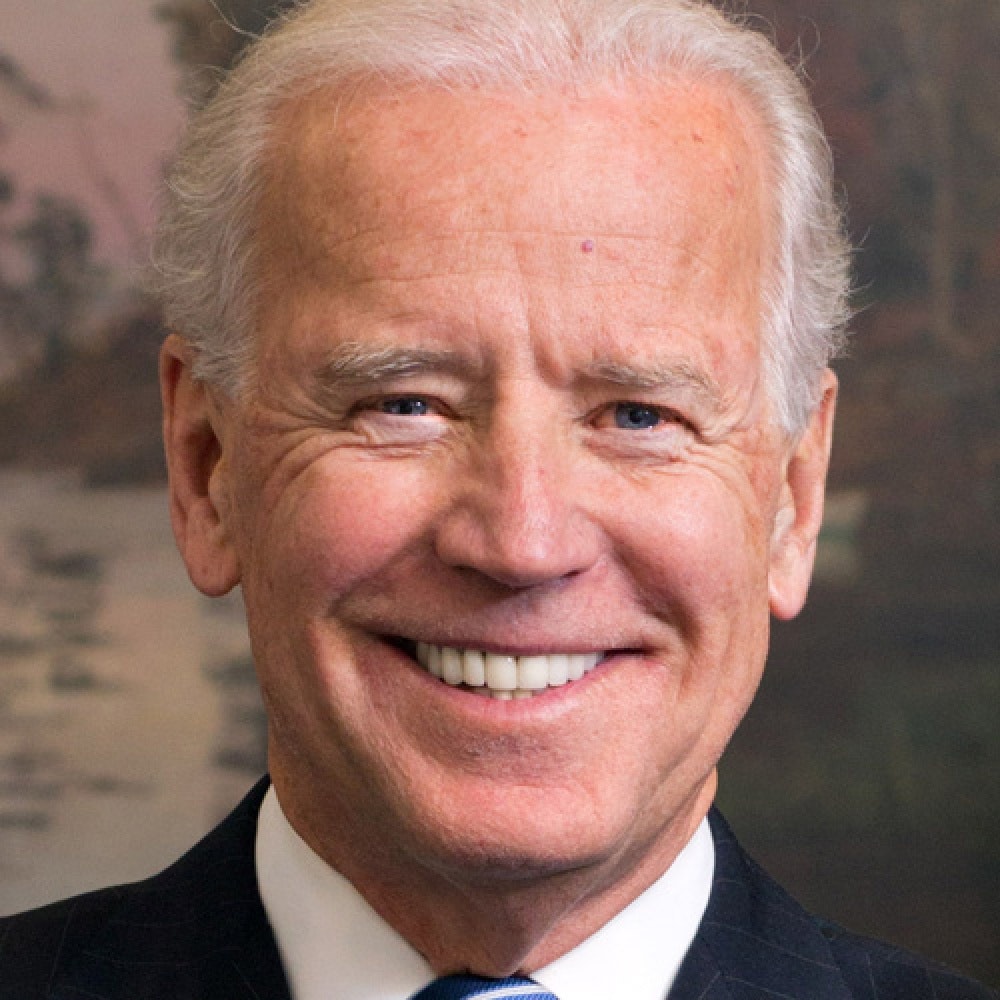[vc_row njt-role-user-roles=”administrator,armember”][vc_column][vc_column_text]
In this period of American presidential election, which has still not given its final results but which would lean in favor of Joe Biden, a question arises: what impact would the election of Barack Obama’s former vice-president, Joe Biden, have on the European economy?
The luxury goods industry, which represents the heart of the French economy, is greatly threatened since the economic conflicts between France and the United States. And with good reason: the tax imposed by France on the giants of Silicon Valley, the GAFA tax (acronym for Google, Amazon, Facebook and Apple). Following this tax, which in the meantime has been reviewed and corrected by the Organization for Economic Cooperation and Development (OECD), Donald Trump‘s administration retaliated by threatening France with the application of additional customs duties, amounting to 1.3 billion dollars.
During President Trump‘s tenure, relations between Europe and the United States worsened dramatically on trade issues. Between the conflicts over aviation subsidies, with the Airbus-Boeing dispute and those related to GAFA taxation, sanctions have been imposed by the Department of Commerce in the form of customs duties on tens of billions of euros of goods in recent months. French luxury goods are strongly threatened by these customs sanctions, and the sector hopes that a victory for Joe Biden could ease these tensions.
Looking at the figures, we see that the situation is deteriorating between the United States and Europe and the American trade deficit with the European Union has continued to grow to reach 151.6 billion euros in 2019, compared to 60.9 billion in 2010. But the economic risk brought about by this trade conflict on the European Union remains lower, according to a study by the Edmond de Rothschild bank, published on Tuesday.
In the context of the US presidential election, outgoing President Donald Trump may well leave his place to Democrat Joe Biden, who seems on track to become the 46th President of the United States. But while the verdict of the election is delayed by the postal voting system, heavily used in this period of health crisis, a question arises for Europeans: What would Joe Biden‘s election change to the economic relations between the United States and Europe?
“We must put an end to the artificial trade war that the Trump administration has unleashed,” said one of Joe Biden’s top advisors, Tony Blinken.
But Blinken points to “an objective problem“: the “persistent and growing imbalance in agricultural trade due to rules that prevent us from selling products where we are highly competitive“. Disagreements on the agricultural issue are thus still topical.
Under Biden‘s presidency, certain disputes between Europe and the United States could be resolved. Initially, multilateral organizations, set aside by Donald Trump, should regain importance. First because the Democratic candidate openly supports them, but also because the United States is trying to take a position at the head of certain institutions, such as the OECD. “They are committed to an agenda of their own. The empty chair policy has been unfavorable to them,” explains specialist Manuel Maleki.
However, the Airbus-Boeing conflict is likely to escalate, as the Europeans will be able to impose taxes on Boeing for undue subsidies in the wake of a World Trade Organization (WTO) ruling expected soon. During the Obama-Biden presidency, the United States remained on its position, and was not ready to give in any time soon. Will Joe Biden, who recently reneged on his free-trade convictions to gain points with the white working-class electorate, give in knowing that Boeing is currently at a low point?
Moreover, another subject remains at the center of the debate: the taxation of multinationals, especially those in the digital sector. France risks having customs duties imposed on luxury goods from January 2021, as a sanction to its GAFA tax. Will things be different under Biden ? Probably not. Indeed, at the time of the Obama-Biden administration, the country had remained very strict on this issue, and had fought violently against the taxation of Apple in Ireland, imposed at the time by the European Commission.
So what would Joe Biden‘s election really change for Europe? In any case, it is possible to say that a Biden administration would put more emphasis on form, and would leave more time for negotiations. However, given the current climate and the past administrations of Trump and Obama, there is every reason to believe that it will remain firm.
Read also > AMERICAN ELECTIONS 2020 : THE AMERICAN FASHION AND LUXURY TRADE WORRIED
Featured photo: © Joe Biden[/vc_column_text][/vc_column][/vc_row]










